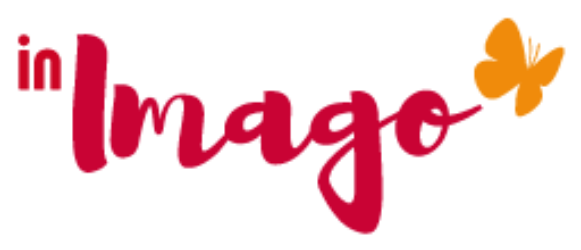Procrastination is a natural boost. It may also be an enemy. Procrastination is a boost like no other. You have to learn to handle it.
Monique Richter in the little book of positive procrastination takes up the story of the frog who did not know it was cooked. Here is the story
The story of the frog that didn’t know it was cooked explains the following principle:
– when you immerse a frog in hot water, it jumps out;
– on the other hand, when the frog is immersed in cold water, it becomes numb and ends up scalding …
The same is true of procrastination.
Procrastination, a natural boost
Initially, procrastination is a time taken to do something difficult. It is a time of maturation, to fertilize ideas and design the structure of what we have to do.
Where it gets complicated is when each task is postponed until tomorrow. The maturation time becomes an indefinite time which can only be regulated in the face of the urgency to return something. The motivation is no longer intrinsic but made necessary by an injunction to be carried by a third party.
As in the case of the frog, over time our minds fell asleep and adopted the principle of maturing of ideas as a way to postpone or avoid what bothers it.
Procrastination is not laziness. It is a cognitive bias used by our brain, which when faced with boredom, quite simply eliminates the problem.
The fact of realizing this phenomenon, and of deciding in all conscience, to use procrastination only for the subjects requiring to be structured, makes it possible to identify our vanishing point.
Identify your vanishing point
Identifying your vanishing point allows you to find the source of this cognitive bias and focus on resolving it.
For example, every Monday you have to submit a statistical report on customer satisfaction. Establishing these statistics, and it was my case for 3 years, requires the extraction of data and its analysis.
In my case, I had just set up an ERP to manage internal general services and measure user satisfaction in relation to contractual response times.
I had to provide a fair and constructive analysis so as not to alienate all of the site’s service providers. This therefore required me to structure my mind to make a document non-contestable, without calculation error, offering a synthetic presentation of the results.
At the beginning, in setting up the first reports, it must have made sense to take time to lay down the structure and the calculation algorithms. But when the results are automated, the task is reduced to simply extracting it and drawing conclusions.
To postpone the extraction became absurd since the execution of this task takes me less than 20 minutes. Procrastination had set in even though the source of this problem no longer existed.
Identify the cause:
In this case, memory retained the fear of making calculation errors, of making documents questionable. This made the task always difficult, consuming energy. Even though the risk of error and dispute had become almost zero. By disabling the fear of making mistakes, I suppressed sterile procrastination.
Rehabilitate procrastination
Rehabilitate procrastination for what it’s really made for: a time to think.
Giving yourself time to listen, to come back to yourself, allows you to review your priorities and set your intention on useful actions.
t is also a natural boost to regain self-confidence. No, we don’t procrastinate because we are lazy. Becoming aware of this frees our minds from what is unnecessary.
It boosts our energy by giving us back a natural confidence, by no longer wasting time pushing back and making to do lists that we never do.
t’s a great time management tool. It is a natural way to find pleasure in doing.
The benefits of procrastination
There are mainly two advantages that procrastination brings us:
1- An alert : when we put things off, let’s find out why we put them off. Is there behind a fear of not succeeding, of failing?… or boredom in the face of a repetitive task? By listing everything we reject, we flush out our limiting beliefs.
2- A time to create : when we take time on a new subject, on something that we want, it is a time of structuring. A time to collect ideas, and make them understandable by all.
So rehabilitate procrastination, but be firm with yourself when it comes to changing your beliefs.
Use it as a time booster by giving yourself the choice to vent your fears, and therefore face them by completing the tasks associated with those fears. Or by offering you the leisure to mature your ideas in all conscience.
Train yourself!
To go further and click on the “boost your energy” button, and discover the resources available on this blog

